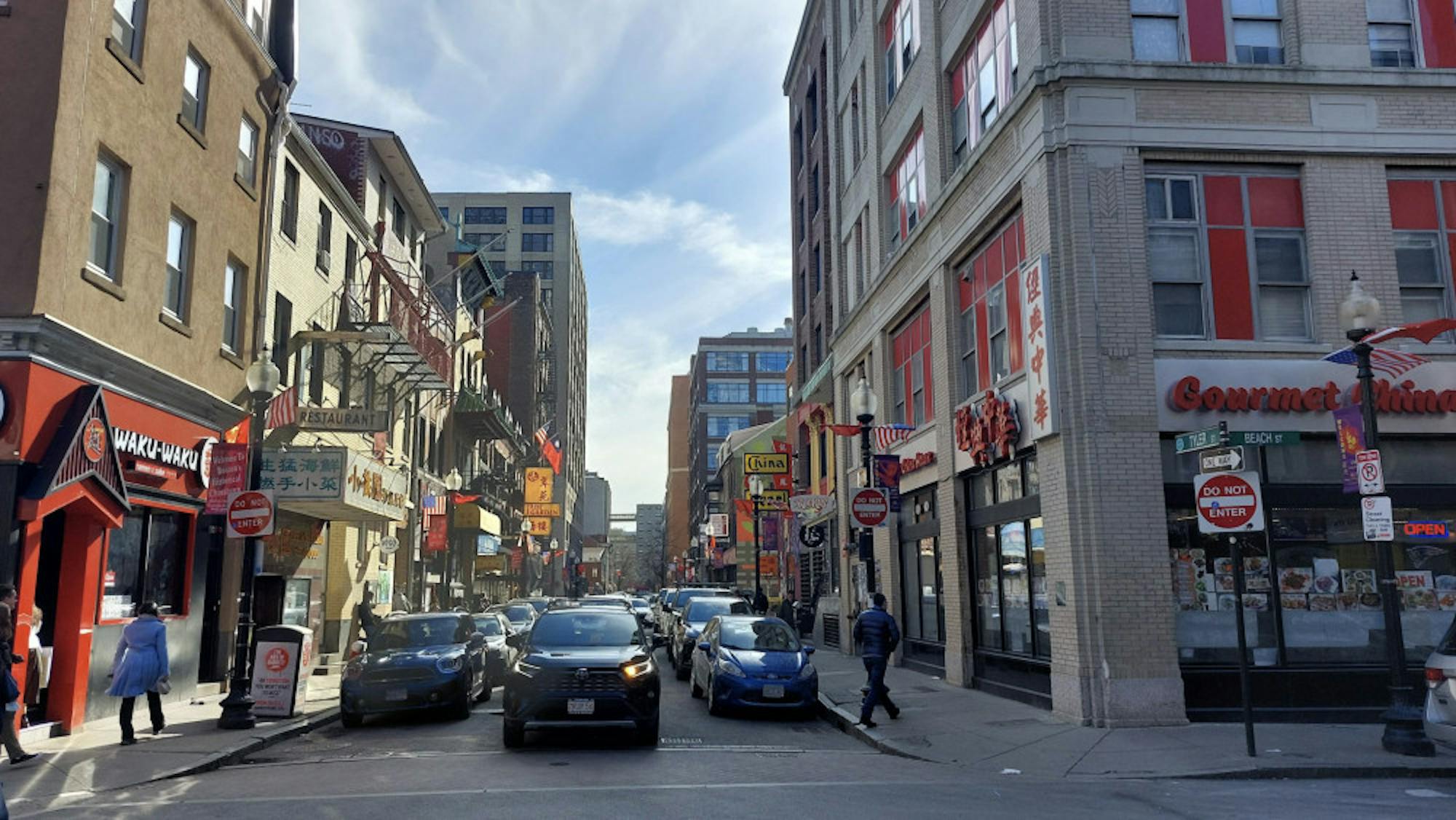A team of Tufts students and faculty members is working with Communities Responding to Extreme Weather (CREW), a Cambridge-based grassroots organization that helps communities prepare for climate change-induced severe weather, to survey Chinatown and Roxbury residents on their level of preparedness for extreme weather events. The aim of the survey is to examine how social connectedness within communities can help build climate resilience.
Senior Program Manager The Rev. Vernon Walker said CREW's mission is to build climate resilience through education and service projects.
“Climate change is a very multifaceted and complex crisis, affecting public health, policies, jobs and the economy, labor, civil rights, immigration, agriculture, housing, transportation, food supply and essentially every facet of human life and animal life,” Walker said. “So, we are in the business of preparing people for extreme weather.”
James Intriligator, professor of the practice in human factors engineering and director of strategic innovation, said the collaboration with CREW arose out of his interest in the relationship between social connectedness and climate resilience. He was able to jumpstart the project with the help of a seed grant from Tufts.
“When climate change starts having huge impacts on the world, we need some ways to have society be more resilient,” Intriligator said. “From what [Walker] had told me, community connectedness and social connectedness were good topics. And then this Tufts University Seed Grant call came along, and I thought it'd be kind of interesting to work with CREW and try to do some research on … social connectedness.”
Intriligator involved Justin Hollander, professor of urban and environmental policy and planning, in the project when he became aware of Hollander's past research on community connectedness and engagement.
“Justin had already … uncovered a whole bunch of … pre-standardized questionnaires about feelings of connected community stuff,” Intriligator said. “The plan is we're going to first do broad questionnaires and surveys … but then we're going to do some interviews afterwards. And that's where I think it'll be more interesting.”
Intriligator said these interviews will be essential to the project's aims of increasing extreme weather preparedness in communities.
"We'll interview people who are very connected, people who are moderately [connected] and people who are not connected at all and try to figure out, are there any mechanisms that work for the very connected that we could think about creating for the not connected?” he said.
Along with the faculty researchers, a group of Tufts students is helping to conduct field research for the project. One of them is senior Max Whaley, who discussed the content of the survey, which takes about 20 minutes to complete.
“The survey is basically a bunch of questions about your preparedness for extreme weather events, heat and cold, like do you know where you would go to take shelter in heatwave if you would even do that?” he explained. “And then it's also about your social ties, like do you have to have neighbors who you can call in an event like this? Just generally how socially connected people feel in their communities.”
Whaley said the current CREW study is building on pre-existing research from the Conservation Law Foundation.
“The Conservation Law Foundation did a study on resilience to extreme weather events,” he said. “They looked at four different factors, which included racial composition and poverty … but the thing that they did not observe was how socially connected the people in those communities feel.”
CREW plans to use the survey data and interviews to inform their work helping communities to better prepare for instances of extreme weather.
“We're interested in connecting neighbors to each other, so that when the extreme weather does happen, neighbors can do a wellness check on each other — maybe a text or a call — to ensure that they survive, particularly those that are very vulnerable to extreme weather,” Walker said. “The information that emerges from the research will better inform our community engagement with those communities.”
The research team will seek out residents already gathered in community centers rather than trying to stop residents on the street.
“The idea is to go into the YMCA, or different community centers, where people are already around, and then we're going to table there and hopefully get people to do the surveys, or do them online later at home,” Whaley said.
The research team plans to present its findings at the Museum of Science in Boston this fall, Walker said.






